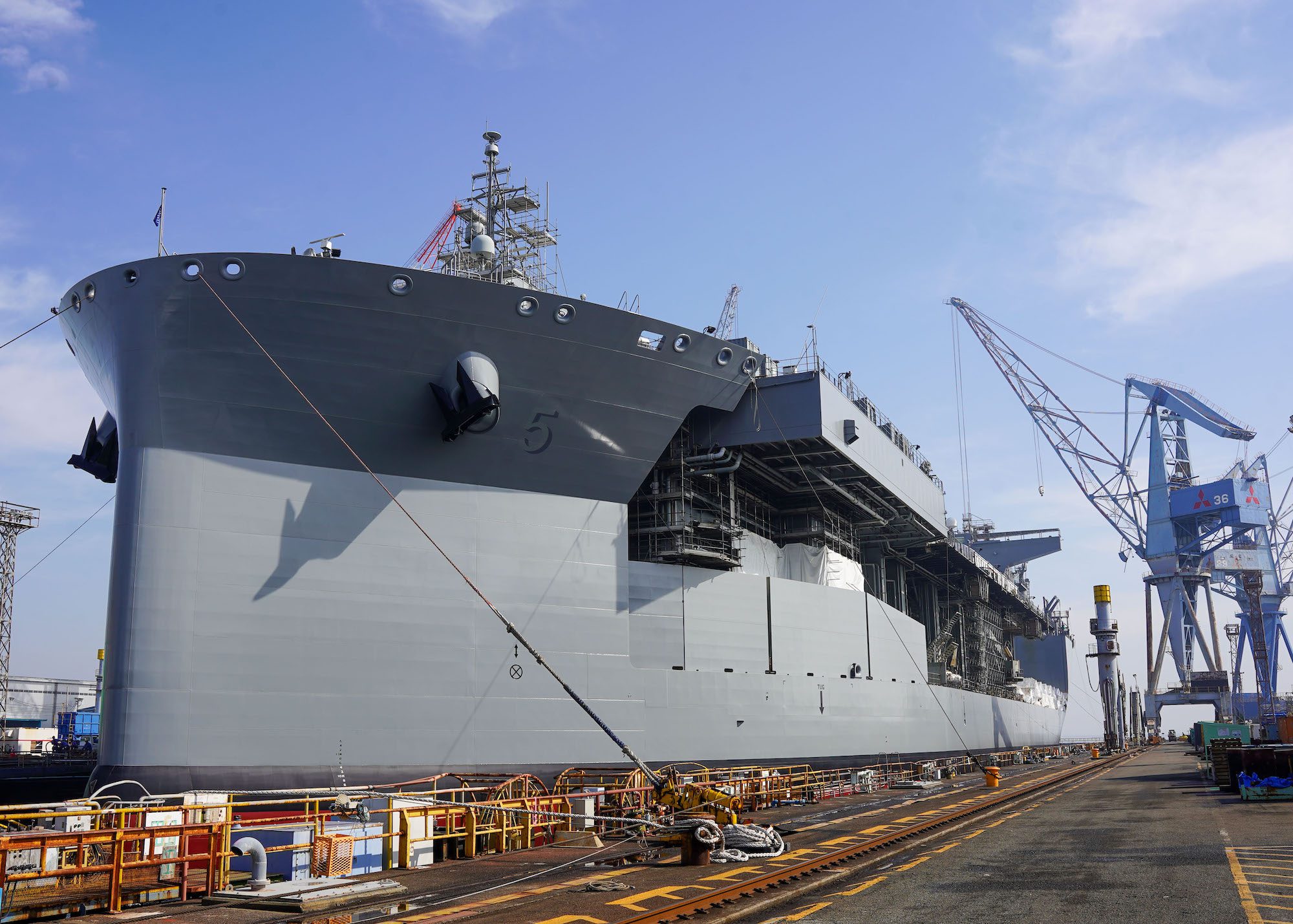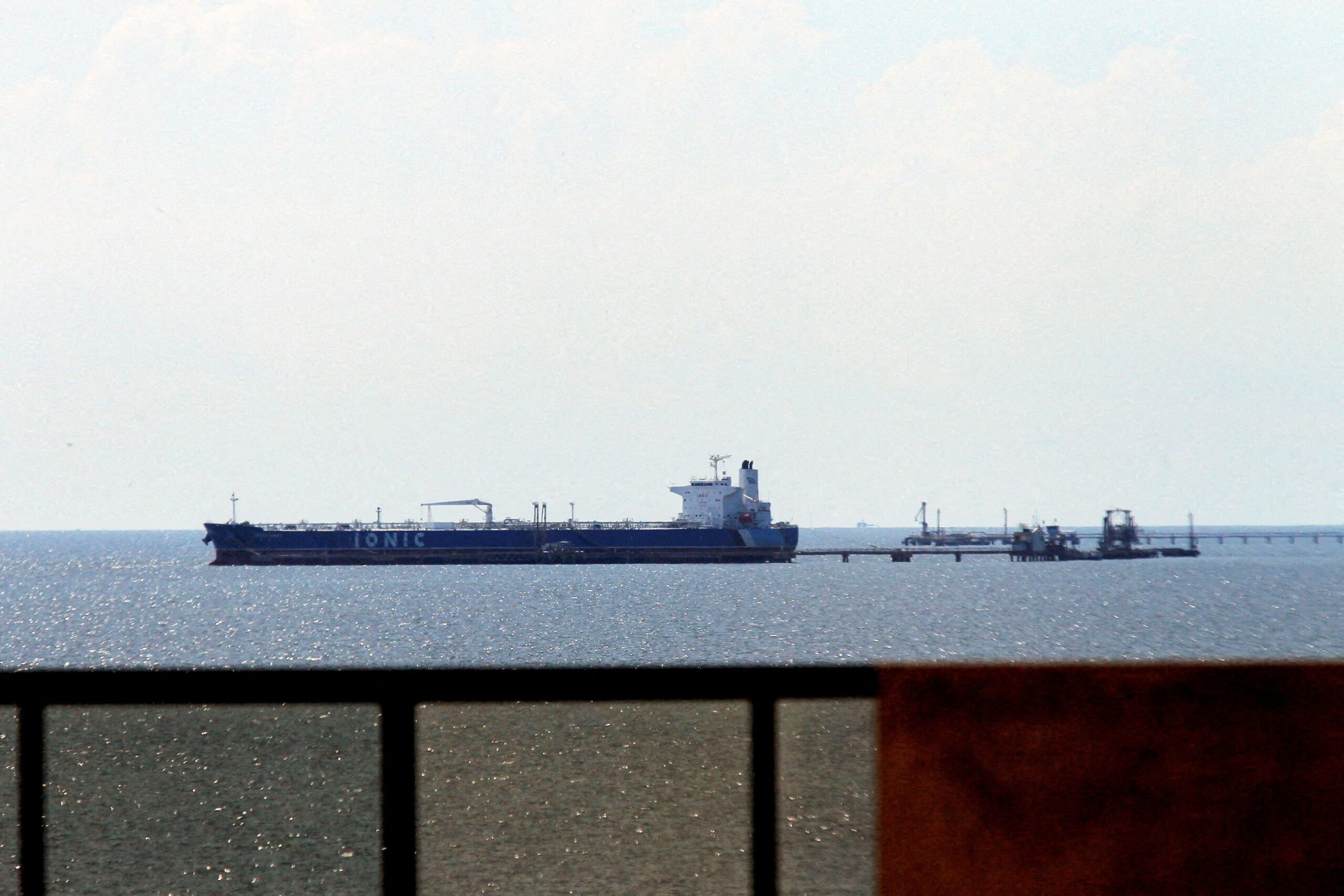The White House announced Wednesday that Japan has agreed to a $550 billion package of U.S.-bound investment and loans as part of a new trade deal with the United States. The agreement, which will focus on key industries including shipbuilding, comes as the U.S. seeks to build strategic industrial capacity outside of China.
White House press secretary Karoline Leavitt confirmed that the funds will be spent at President Donald Trump’s discretion, with investments targeting energy, semiconductors, critical minerals, pharmaceuticals, and shipbuilding sectors.
“At President Trump’s direction, these funds will be targeted toward the revitalization of America’s strategic industrial base, including… Commercial and defense shipbuilding, including new yards and modernization of existing facilities,” according to a White House fact sheet.
The announcement aligns with statements made by U.S. Navy Secretary John Phelan during his visit to Japan in April, where he highlighted the importance of building shipping capacity outside China.
“The goal should be: how do we build up capacity outside of China? It means building up capacity in Japan, building up capacity in Korea, and then how do we also start building some key capacity in the United States in strategically important areas,” Phelan said, specifically mentioning icebreakers and liquefied natural gas carriers as potential collaborative projects with Japan and South Korea.
The trade deal, announced July 23, also lowers tariffs on Japanese auto imports and spares Tokyo from new levies on other goods that had been threatened following the sweeping global tariffs unveiled by the Trump administration in April.
While the agreement represents one of the most significant deals secured by President Trump since announcing the global tariffs earlier this year, specific details about implementation timelines and project allocations remain unclear.
The deal follows Hanwha Shipping’s recent order for a liquefied natural gas (LNG) carrier from Hanwha Philly Shipyard—the first U.S.-ordered, export-market-viable LNG carrier in nearly 50 years. Though Hanwha Ocean’s Geoje shipyard in Korea will handle a “significant portion” of construction, Hanwha Philly Shipyard will be responsible for U.S. regulatory compliance and safety certifications.
Editorial Standards · Corrections · About gCaptain

 Join The Club
Join The Club











